Đukanović: Recognition was inevitable
Montenegrin Prime Minister Milo Đukanović says that delaying recognition of Kosovo’s independence would have been “political blindness”.
Wednesday, 15.10.2008.
11:55

Montenegrin Prime Minister Milo Djukanovic says that delaying recognition of Kosovo’s independence would have been “political blindness”. Djukanovic told B92 that the decision had not been conditioned but had been a matter of course. Djukanovic: Recognition was inevitable He said that the crucial factors for Montenegro’s recognition of Kosovo’s unilateral independence had been the country’s strategic and national interests, adding that Serbia’s reaction had been expected. "No one asked me directly to do that, but if you want to become part of Europe, you must respect their standards,” the prime minister said, adding that the move had proven to Montenegro’s citizens that he was pursuing a decisive policy. "We had to decide whether to build partner relations with the EU and NATO, or support Serbia’s illusion,” Djukanovic said. He said that the harm caused by Montenegro’s decision to recognize Kosovo was “not dominant”, adding that Montenegro wanted good neighborly relations with Albania, Kosovo and Serbia. The prime minister said that relations between the opposition, who were against the decision, and the government were no more jeopardized than they had been after the country’s break-up with Serbia. "There is no question that Kosovo is lost, and on seeing that something is inevitable, even if it’s unpleasant, the serious response of state policy should be to look it in the eye,” Djukanovic said. Asked why Podgorica had not recognized Kosovo earlier, when it first declared independence, Djukanovic stressed that his government had not rushed into that decision, adding that “it’s always better to admit the inevitable sooner rather than later.” On Montenegro’s support to Serbia’s initiative before the UN General Assembly, the prime minister said that it was a way of “transferring the issue from the main to the secondary track,” adding that it begged the question of whether it was “hope or acceptance". "Montenegro supported that initiative because its position is that each country should be entitled to defend its interests before international institutions, but I don’t see it as a triumph,” he said. Djukanovic added that he believed in the European future of the entire region, and that he was willing for further cooperation Milo Djukanovic (FoNet, archive) Podgorica blames Serb leaders for riots Montenegrin police blame Serb religious and political leaders for Monday’s violence in Podgorica. Archbishop Amfilohije Radovic and Serb List leader Andrija Mandic did nothing to stop the violence, while their statements prior to the protest incited and fuelled tensions, read a statement from the Montenegro police, adding that the turn of events at Monday’s demonstration indicated that the scenario had been prepared in advance with a view to compromising the security situation in Podgorica. Police official Slavko Stojanovic told TV Montenegro that the police had been tolerant and that they had not used all the legally-prescribed means at their disposal during the riots. "The footage showed that the demonstration had targeted Montenegro and its institutional system, that the riots were targeted civil order, democracy, private, public and state buildings… We put a stop to the security destabilization within 45 minutes,” Stojanovic said. Serbian Orthodox Chuch Archbishop Radovic denied accusations that his address had fuelled the clashes, stating that he had only been quoting Njegos. At the same time, he accused the police of inciting the riots. During prayers yesterday at the Serbian Orthodox Church in Podgorica, Amfilohije gave a much calmer sermon, omitting any mention of betrayal, and only repeating that it was not too late for the Montenegrin government to reconsider its decision to recognize Kosovo. "Let us pray to God to bring our leaders to their senses, to think whether what they have done is in accordance with the true national interests of Montenegro, or if it has cast a shadow over Montenegro’s conscience,” Amfilohije said. Democratic Party of Socialists (DPS) leader Svetozat Marovic told TV Montenegro that Kosovo had been independent prior to and after Podgorica’s recognition. Marovic said that Serbia’s decision to declare Montenegro’s ambassador to Belgrade a persona non grata, while, at the same time, allowing the ambassadors of other countries that had recognized Kosovo’s independence to stay, had been hasty. "Who had a greater bearing on Kosovo’s independence? Montenegro or America? Montenegro or the UK? Montenegro or France? The rational position of Serbia’s policy should not be to quarrel with the big boys, but build good relations,“ he said. Opposition parties will today face Prime Minister Milo Djukanovic in parliament for the first time since the protests and riots, during the one-hour prime minister’s question time.
Đukanović: Recognition was inevitable
He said that the crucial factors for Montenegro’s recognition of Kosovo’s unilateral independence had been the country’s strategic and national interests, adding that Serbia’s reaction had been expected."No one asked me directly to do that, but if you want to become part of Europe, you must respect their standards,” the prime minister said, adding that the move had proven to Montenegro’s citizens that he was pursuing a decisive policy.
"We had to decide whether to build partner relations with the EU and NATO, or support Serbia’s illusion,” Đukanović said.
He said that the harm caused by Montenegro’s decision to recognize Kosovo was “not dominant”, adding that Montenegro wanted good neighborly relations with Albania, Kosovo and Serbia.
The prime minister said that relations between the opposition, who were against the decision, and the government were no more jeopardized than they had been after the country’s break-up with Serbia.
"There is no question that Kosovo is lost, and on seeing that something is inevitable, even if it’s unpleasant, the serious response of state policy should be to look it in the eye,” Đukanović said.
Asked why Podgorica had not recognized Kosovo earlier, when it first declared independence, Đukanović stressed that his government had not rushed into that decision, adding that “it’s always better to admit the inevitable sooner rather than later.”
On Montenegro’s support to Serbia’s initiative before the UN General Assembly, the prime minister said that it was a way of “transferring the issue from the main to the secondary track,” adding that it begged the question of whether it was “hope or acceptance".
"Montenegro supported that initiative because its position is that each country should be entitled to defend its interests before international institutions, but I don’t see it as a triumph,” he said.
Đukanović added that he believed in the European future of the entire region, and that he was willing for further cooperation
Podgorica blames Serb leaders for riots
Montenegrin police blame Serb religious and political leaders for Monday’s violence in Podgorica.Archbishop Amfilohije Radović and Serb List leader Andrija Mandić did nothing to stop the violence, while their statements prior to the protest incited and fuelled tensions, read a statement from the Montenegro police, adding that the turn of events at Monday’s demonstration indicated that the scenario had been prepared in advance with a view to compromising the security situation in Podgorica.
Police official Slavko Stojanović told TV Montenegro that the police had been tolerant and that they had not used all the legally-prescribed means at their disposal during the riots.
"The footage showed that the demonstration had targeted Montenegro and its institutional system, that the riots were targeted civil order, democracy, private, public and state buildings… We put a stop to the security destabilization within 45 minutes,” Stojanović said.
Serbian Orthodox Chuch Archbishop Radović denied accusations that his address had fuelled the clashes, stating that he had only been quoting Njegoš. At the same time, he accused the police of inciting the riots.
During prayers yesterday at the Serbian Orthodox Church in Podgorica, Amfilohije gave a much calmer sermon, omitting any mention of betrayal, and only repeating that it was not too late for the Montenegrin government to reconsider its decision to recognize Kosovo.
"Let us pray to God to bring our leaders to their senses, to think whether what they have done is in accordance with the true national interests of Montenegro, or if it has cast a shadow over Montenegro’s conscience,” Amfilohije said.
Democratic Party of Socialists (DPS) leader Svetozat Marović told TV Montenegro that Kosovo had been independent prior to and after Podgorica’s recognition.
Marović said that Serbia’s decision to declare Montenegro’s ambassador to Belgrade a persona non grata, while, at the same time, allowing the ambassadors of other countries that had recognized Kosovo’s independence to stay, had been hasty.
"Who had a greater bearing on Kosovo’s independence? Montenegro or America? Montenegro or the UK? Montenegro or France? The rational position of Serbia’s policy should not be to quarrel with the big boys, but build good relations,“ he said.
Opposition parties will today face Prime Minister Milo Đukanović in parliament for the first time since the protests and riots, during the one-hour prime minister’s question time.











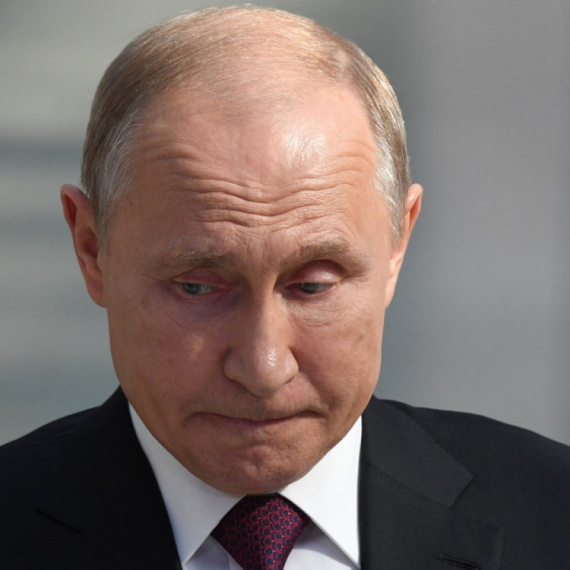
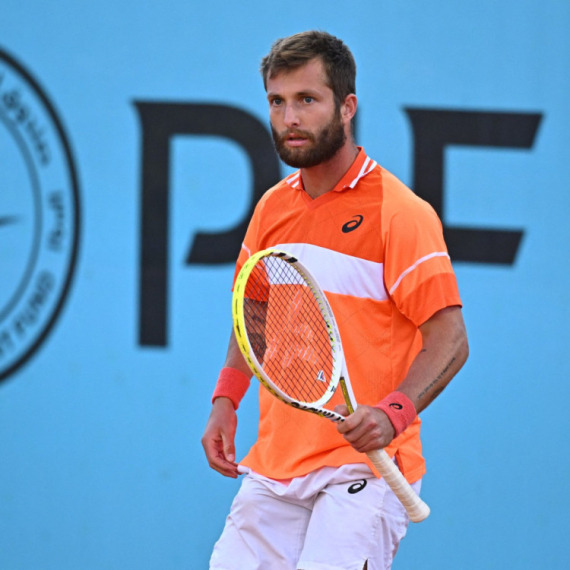
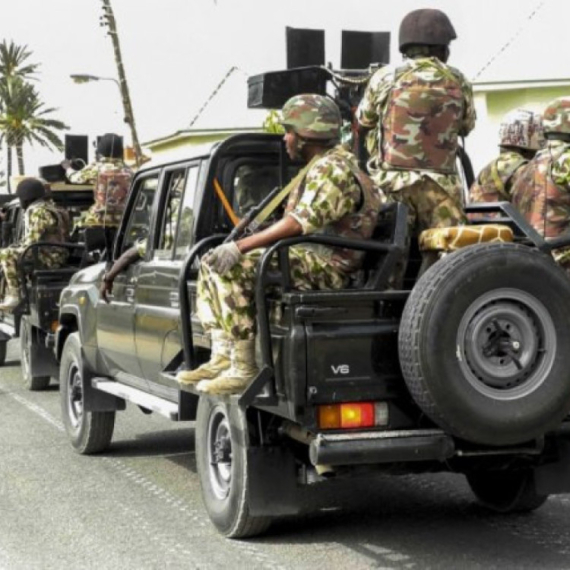

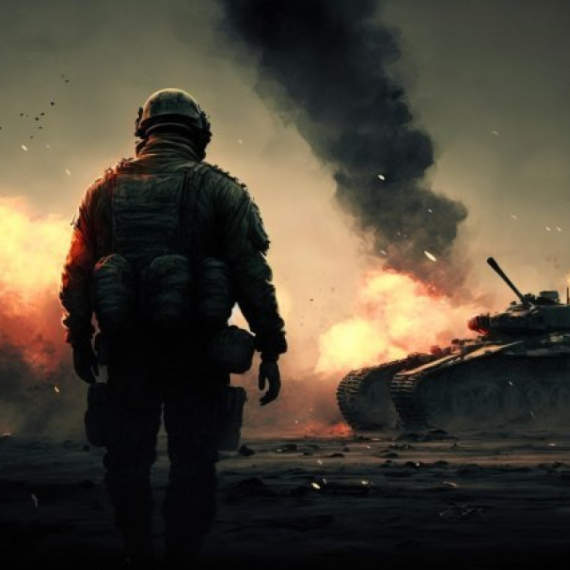
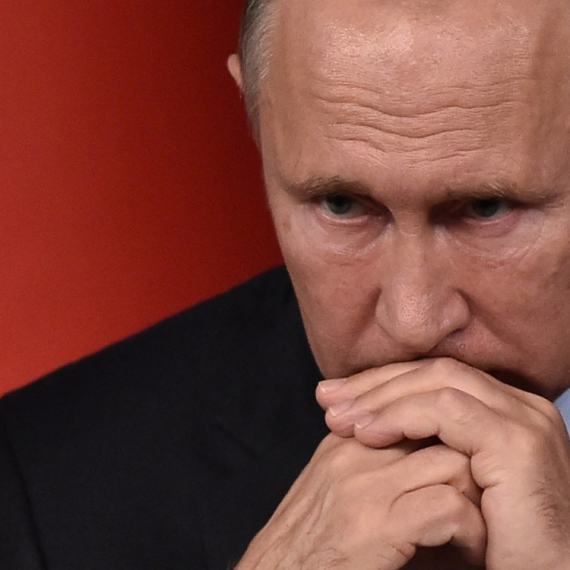
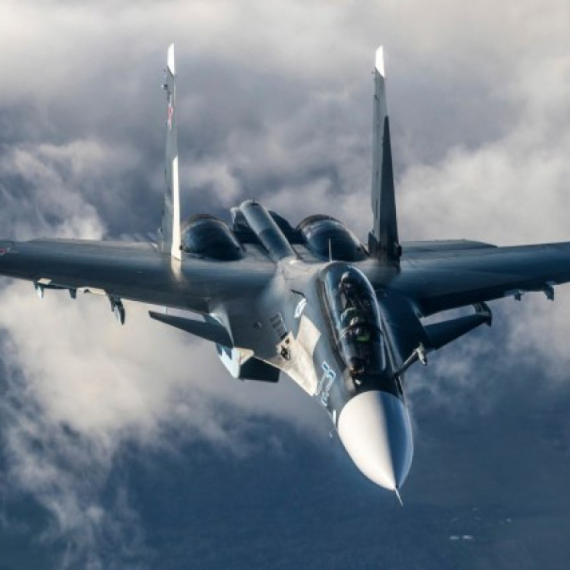
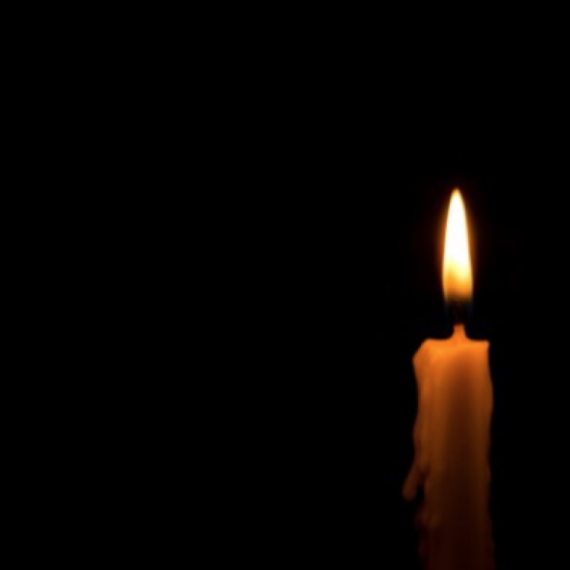
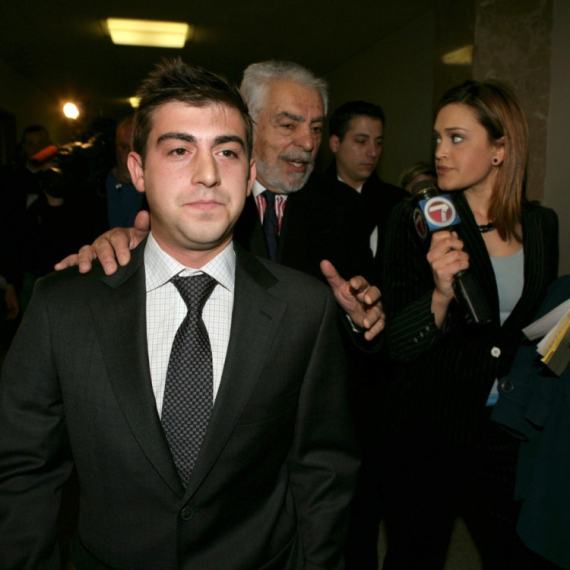
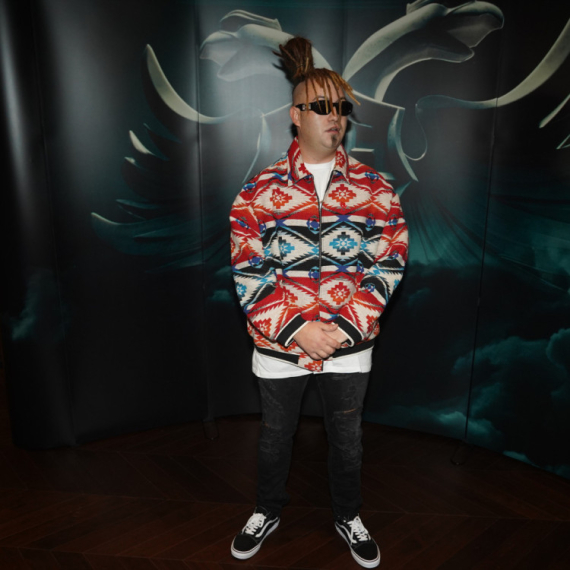
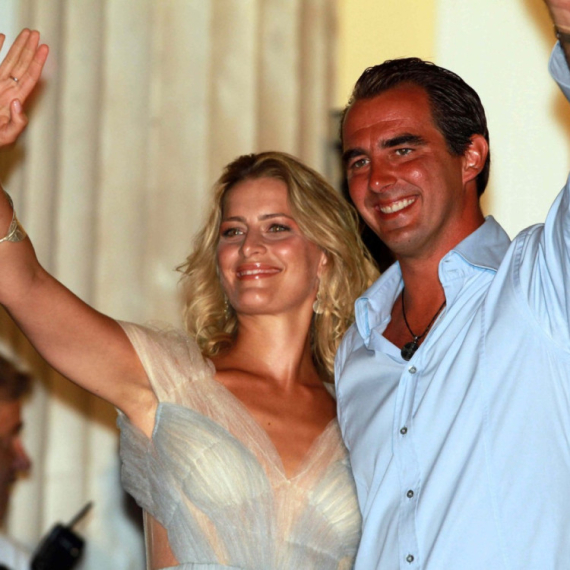
















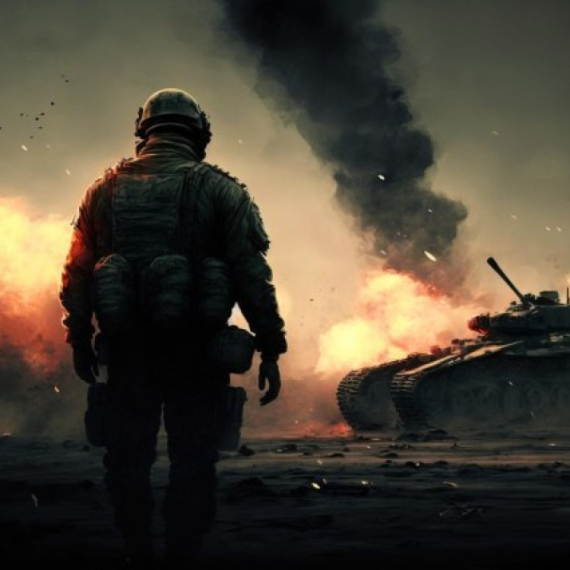











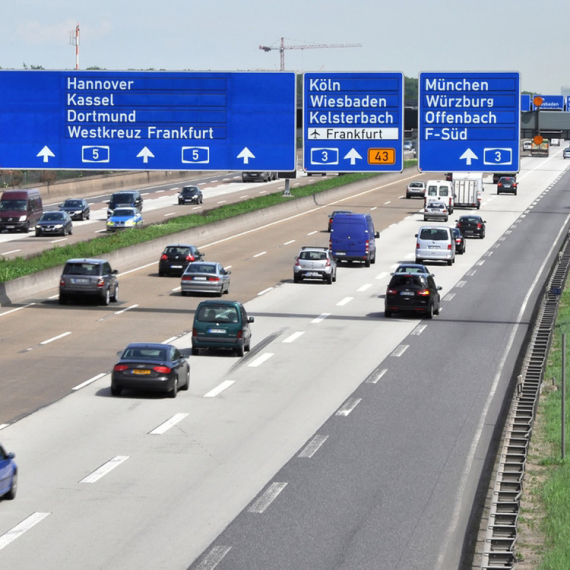
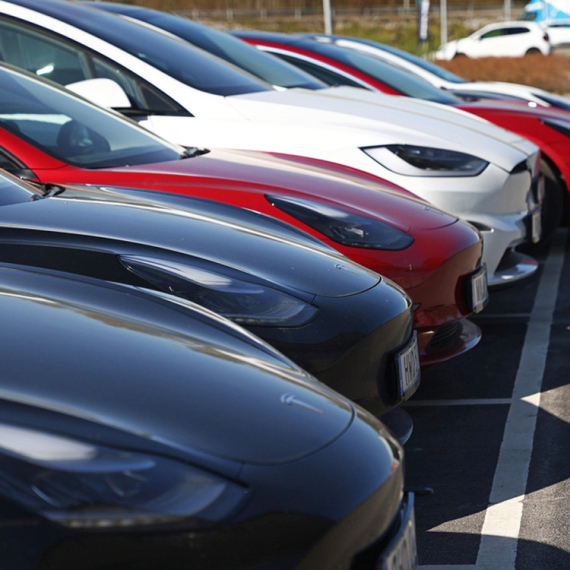



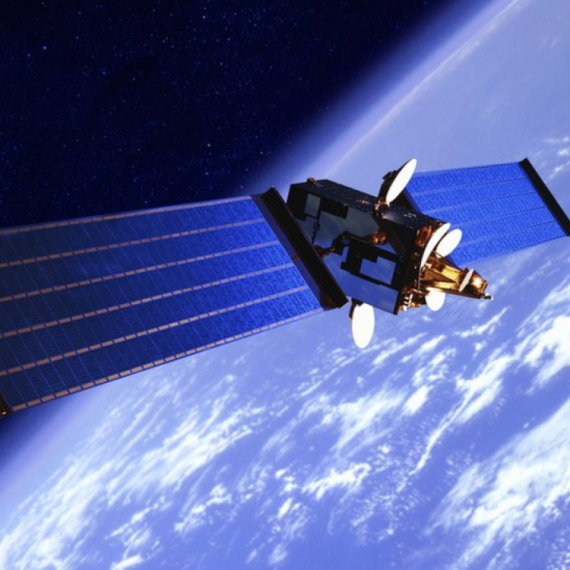
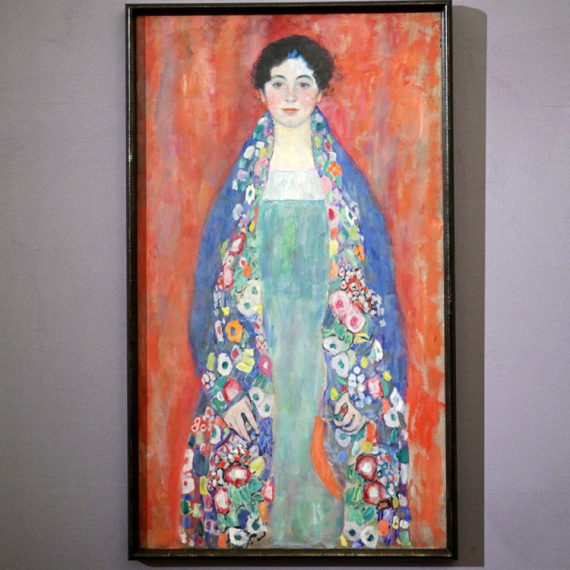
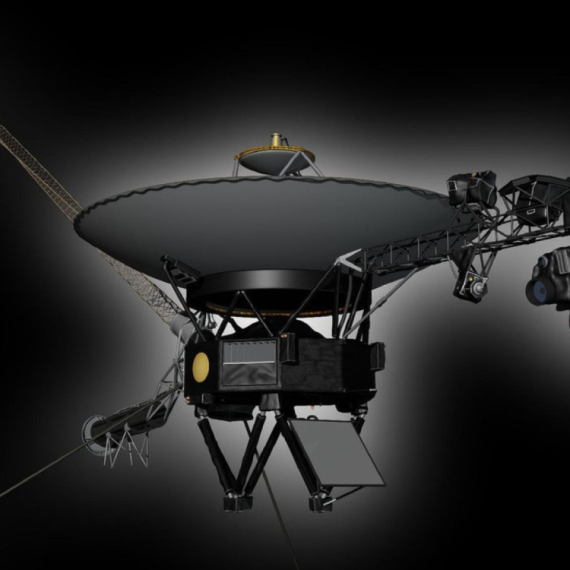

Komentari 22
Pogledaj komentare